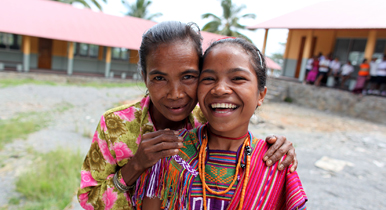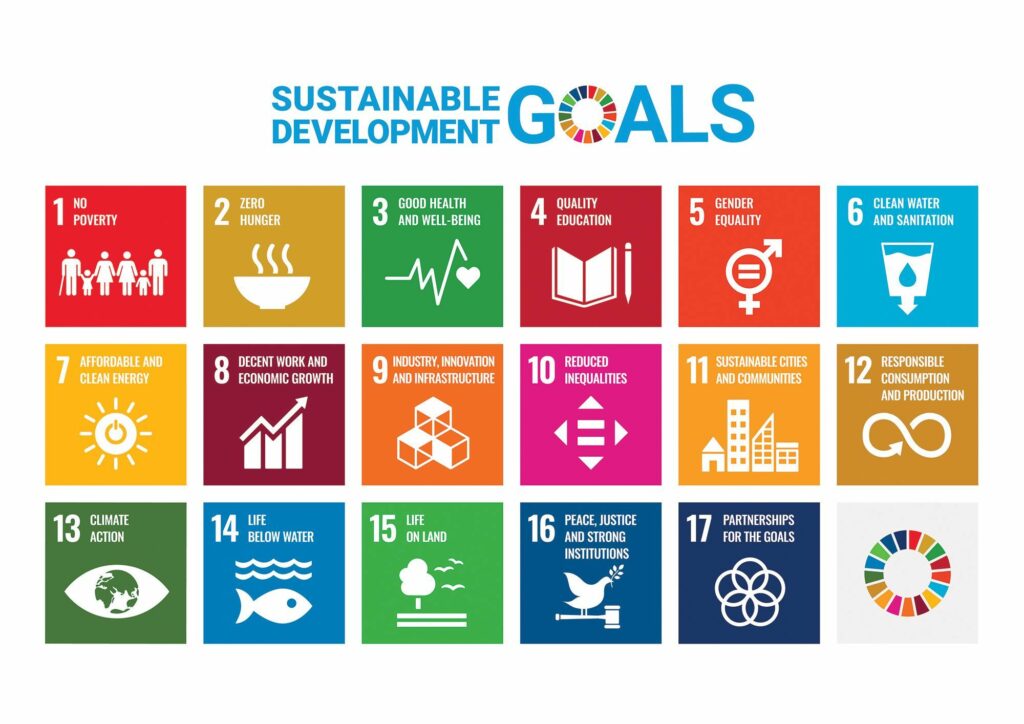This is the first part in a series of blogs based on Micah Australia’s Submission to the International Development Policy Review.
Micah recognises the world is changing.
We believe that as a peaceful and prosperous nation that values fairness, kindness and compassion, we have a moral obligation to ensure Australia’s Aid budget is supporting the world’s most vulnerable and marginalised people.
Acknowledging that every life is of value and worth, Australia’s aid budget must look beyond the strategic value it brings to Australia (as considerable as that is). We respect the challenges this Government faces – Australia needs strong trading partners, reliable allies and close relationships in our immediate region.
Each of these are important in building Australia’s freedom, security and prosperity and we understand the role the Government sees the Aid and International Development portfolio plays in fulfilling such a vision for our nation.
Thankfully, the reality is when we live out our values through a principled development cooperation policy, we can be both strategic and moral.
The issue of global justice is one in which Christians are substantially invested. We believe that individuals, institutions and nations are called to respond to neighbours in need with generous love and compassion. Christian humanitarian and international development agencies in Australia collect $621 million in charitable donations each year.
The supporters of Micah do not just call for Government action, they act themselves.
There is growing recognition that there are a range of policy levers which can contribute to or hinder tackling poverty and injustice in our region and around the world. It is vital that the goals and objectives for Australian Aid impact beyond the aid program policy areas, both within the foreign affairs and trade portfolio and across the Australian Government.
[Note, Micah’s submission seeks to describe its vision and recommendations in terms of ‘development cooperation’ not simply aid policy, but within this article we use the term ‘Aid’ rather than ‘development cooperation’].
Australian Aid should always be primarily for the purpose of alleviating poverty.

Image Source: DFAT
This is fundamental to our values as a nation.
As Christians we believe the gospel imperative to “uphold the cause of the poor and the oppressed” (Psalm 82:3) is clear, and we will continue to raise our voice in supporting this as a bedrock of Australia’s aid program.
Since this is also the first International Development Policy Review since the adoption of the Sustainable Development Goals (SDGs) in 2015, it is critical that this new policy clearly outline how the investments Australia makes through its Aid budget contribute towards achieving the SDGs and their purpose to ‘leave no one behind’.
Australia’s development cooperation and aid program investments, do have recognisable benefits to trade, security and diplomacy interests. However, the pursuit of Australia’s national interests in these areas, should not usurp the primary purpose of alleviating poverty.
Therefore, we see the Aid budget as needing to have a two-pronged purpose: alleviating poverty and contributing towards achieving the Sustainable Development Goals.
Our Executive Director Tim Costello sums it up well:
“We believe that as a blessed nation we have a moral obligation to ensure Australian aid is generous and is supporting the world’s most poor, vulnerable and oppressed, beyond just their ‘strategic’ value.”
—————–
How is the world tracking with Global Poverty and SDGs?

Globally, we are now at a critical point on the road to the fulfilment of the SDGs. While some good progress has been made, there is still a long way to go and with the dawn of 2020, this will be ‘the decade of delivery’ for the SDGs.
While the world has changed for the better, much of that change has not gone far enough or been sustained.
Half of the global population still lacks access to essential health services, hunger is on the rise after a prolonged decline, and at the current rate of progress, it will take almost 100 years to close the global gender gap.
The latest SDG Progress Report, released in July 2019, highlights some key trends in regards to SDG progress including:
- The most vulnerable people and countries continue to suffer the most and the global response has not been ambitious enough. High-level political commitment to the SDGs is falling short of historic promises.
- Eradicating extreme poverty remains a global challenge with half of the world’s nations not on track for achieving SDG 1 (No Poverty).
In January this year, 20 world-leading activists, wrote an open leader to world leaders, declaring an emergency and demanding that world leaders define concrete plans for working toward the goals as we enter the “decade of delivery” — to unlock the finance, the radical solutions, and the tracking of progress that we need.
The fact is, extreme poverty, hunger and inequality are still huge issues that require a coordinated global response of which Australia must play its role in.
—————
We can’t ignore the fact that sustained cuts to aid have had a significant impact on Australia’s development cooperation program.
The generosity of the aid program sits at its lowest level of 0.21% of gross national income and is continuing to decline. Australia now ranks 19th in generosity out of the 29 OECD countries.
Micah believes Australia should work to return to the top half of rich country aid donors as a mark of our commitment to the world’s poor, vulnerable and oppressed. This would be moving up to a ranking of 14th position, and a development cooperation budget that is at least 0.3% of GNI. This would put Australia just below the OECD average and around the levels of Canada and New Zealand.
“Our Aid budget does not reflect who we are as a people,” believes Tim Costello.
“We are a nation that contributes its fair share, and acts in accordance with the blessings we have received and the generous spirit of the Australian people.
We are lagging where we should be leading.” – Tim Costello
Our first two Recommendations for this review:
Recommendation 1: Establish the purpose of Australia’s development cooperation, including its aid program, as poverty alleviation and contribution towards achieving the Sustainable Development Goals.
Recommendation 2: Increase Australia’s development cooperation budget over this term of parliament to 0.3% of GNI with a long-term goal of reaching the internationally agreed benchmark of 0.7% of GNI.